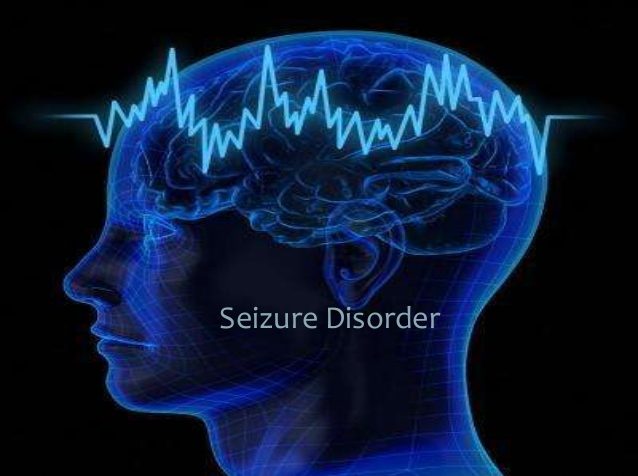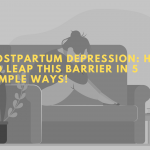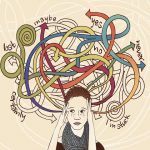A seizure is an abrupt, uncontrolled electrical aggravation in the mind. It can cause changes in your conduct, developments or emotions, and in levels of awareness. On the off chance that you have at least two seizures or a propensity to have intermittent seizures, you have epilepsy.
There are numerous sorts of seizures, which run in seriousness. Seizure types shift by where and how they start in the cerebrum. Most seizures last from 30 seconds to two minutes. A seizure that keeps going longer than five minutes is a health related crisis.
Most seizure issue can be controlled with medicine, however the board of seizures can even now significantly affect your day by day life. The uplifting news is you can work with your human services proficient to adjust seizure control and drug reactions.
Side effects
With a seizure, signs and side effects can go from gentle to serious and fluctuate contingent upon the kind of seizure. Seizure signs and side effects may include:
- Impermanent disarray
- A gazing spell
- Wild twitching developments of the arms and legs
- Loss of cognizance or mindfulness
Psychological or passionate side effects, for example, dread, tension or this feels familiar
Specialists for the most part characterize seizures as either central or summed up, in light of how and where unusual cerebrum movement starts. Seizures may likewise be delegated obscure beginning, if how the seizure started isn’t known.
Central seizures
Central seizures result from irregular electrical movement in one region of your mind. Central seizures can happen with or without loss of cognizance:
Central seizures with debilitated mindfulness. These seizures include a change or loss of cognizance or mindfulness. You may gaze into space and not react regularly to your condition or perform tedious developments, for example, hand scouring, biting, gulping or strolling around and around.
Central seizures without loss of cognizance. These seizures may modify feelings or change the manner in which things look, smell, feel, taste or sound, yet you don’t lose awareness. These seizures may likewise bring about the automatic yanking of a body part, for example, an arm or leg, and unconstrained tangible manifestations, for example, shivering, unsteadiness and glimmering lights.
Side effects of central seizures might be mistaken for other neurological issue, for example, headache, narcolepsy or psychological instability.
Summed up seizures
Seizures that seem to include all zones of the cerebrum are called summed up seizures. Various sorts of summed up seizures include:
Nonattendance seizures. Nonappearance seizures, recently known as petit mal seizures, regularly happen in youngsters and are described by gazing into space or by unpretentious body developments, for example, eye squinting or lip smacking. These seizures may happen in bunches and cause a short loss of mindfulness.
Tonic seizures. Tonic seizures cause solidifying of your muscles. These seizures for the most part influence muscles in your back, arms and legs and may make you tumble to the ground.
Atonic seizures. Atonic seizures, otherwise called drop seizures, cause lost muscle control, which may make you abruptly breakdown or tumble down.
Clonic seizures. Clonic seizures are related with rehashed or cadenced, jolting muscle developments. These seizures generally influence the neck, face and arms.
Myoclonic seizures. Myoclonic seizures generally show up as abrupt brief snaps or jerks of your arms and legs.
Tonic-clonic seizures: Tonic-clonic seizures, recently known as terrific mal seizures, are the most emotional kind of epileptic seizure and can cause a sudden loss of cognizance, body solidifying and shaking, and some of the time loss of bladder control or staying quiet.
When to see a specialist
Look for sure fire clinical assistance if any of the accompanying happens:
- The seizure keeps going over five minutes.
- Breathing or cognizance doesn’t return after the seizure stops.
- A subsequent seizure follows right away.
- You have a high fever.
- You’re encountering heat depletion.
- You’re pregnant.
- You have diabetes.
- You’ve harmed yourself during the seizure.
In the event that you experience a seizure just because, look for clinical exhortation.








